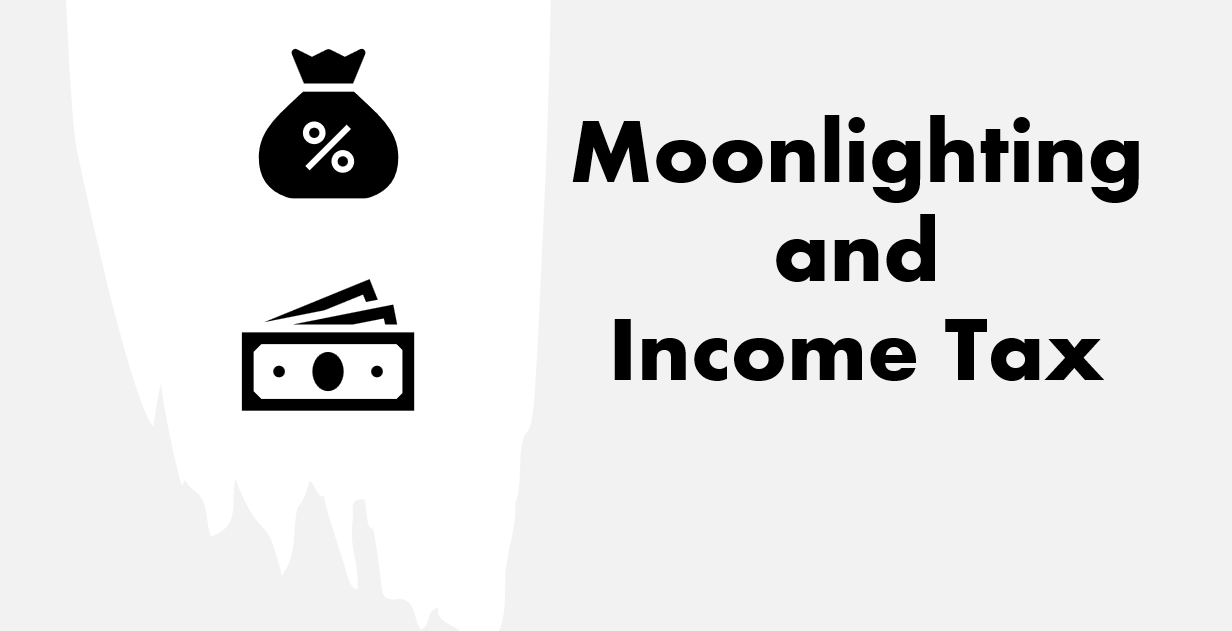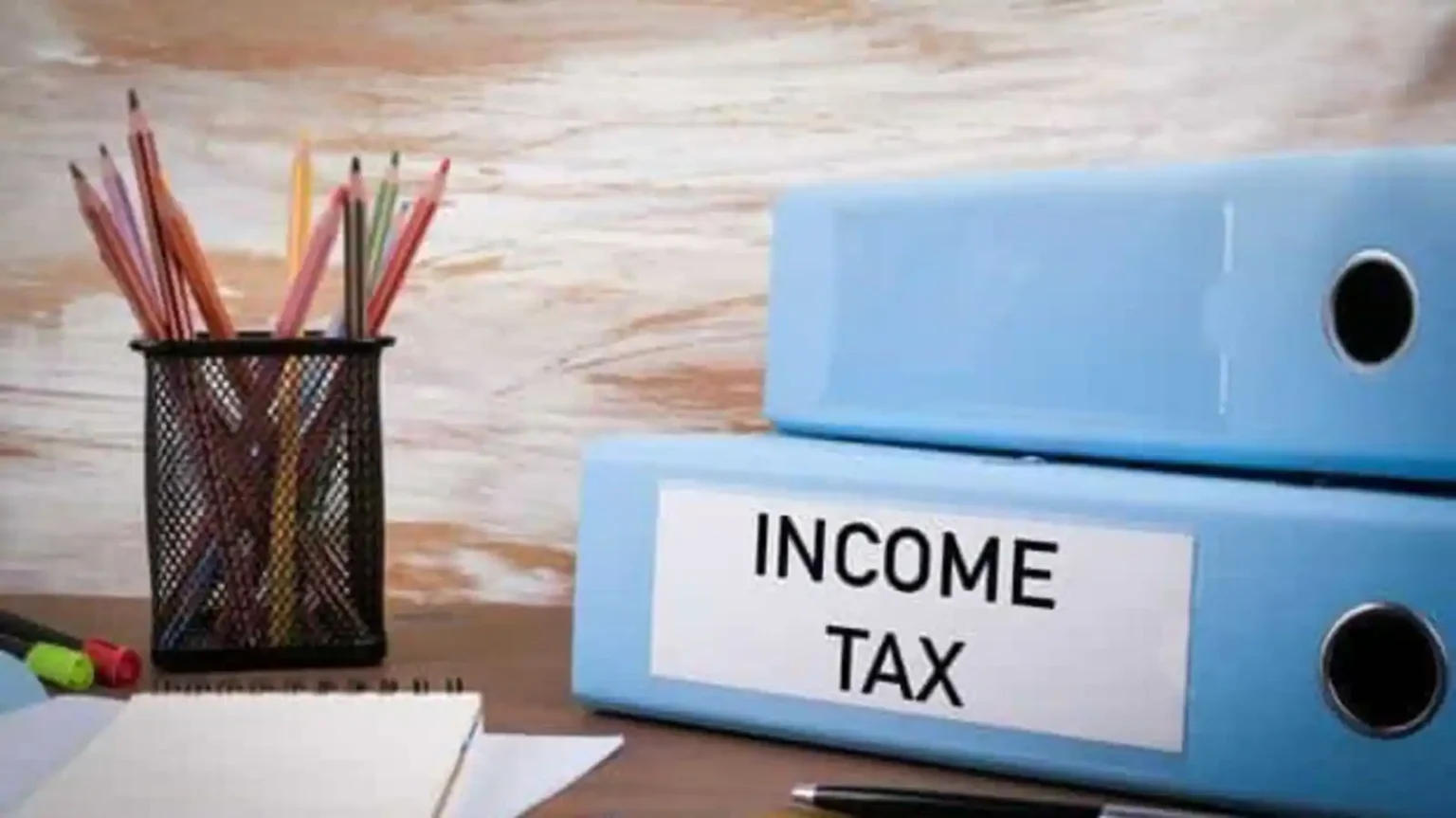An increasing number of people are moonlighting, looking for alternative sources of money in addition to their principal job, which is a growing trend. However, the rise in unreported profits has piqued the interest of tax authorities, leading to increased scrutiny towards the moonlighters by the Income Tax Department.

Source – LinkedIn
The Rise of Moonlighting in the Gig Economy
The rise of moonlighting has been helped by the gig economy, as platforms offering freelance work and part-time jobs have been more accessible than ever. Many people are turning to gig work to make ends meet or achieve financial goals since it offers flexible hours and the possibility to enhance one’s income. While the gig economy benefits both employees and employers, it has also opened the door to possible tax fraud as some part-time workers fail to record their extra earnings.
Tax Evasion Concerns
Tax authorities are increasingly concerned about the possible loss of tax revenue as a result of undeclared income from side hustles. As a result, the Income Tax Department has increased its efforts to identify individuals who are not accurately submitting their extra incomes. Tax authorities can now cross-reference income statements with real financial transactions thanks to advanced data analytics and information-sharing agreements with financial institutions and gig economy platforms.
Crackdown on Undisclosed Earnings
According to recent reports, the Income Tax Department has initiated a sweeping crackdown on unreported incomes by moonlighters. Using technology to track financial operations and uncover disparities between reported income and real transactions is part of this. Individuals who fail to record their earnings may suffer penalties, fines, and even legal action.
Importance of Accurate Income Reporting
Income reporting accuracy is not only a legal requirement, but it is also vital to sustaining a fair and transparent tax system. Unreported earnings not only rob the government of much-needed funds for public services, but they also create an unequal playing field for those who properly declare their earnings. The crackdown on moonlighters is part of a larger effort to guarantee that all residents contribute their fair share to the growth of the country.
Steps for Moonlighters to Stay Compliant
Individuals who moonlight must comply with tax requirements in order to avoid legal ramifications. Here are some actions that moonlighters can take to guarantee that their extra earnings are appropriately reported:
1. Keep Detailed Records: Keep detailed records of all revenues, spending, and transactions related to side hustles. When filing taxes, this will help present a clear picture of your financial condition.
2. Consult Tax Professionals: Seek counsel from tax professionals who can help you navigate the complexities of tax legislation, particularly if you have many sources of income.
3. File Timely and Accurate Returns: File your tax returns on time and accurately disclose all sources of income, including those from side hustles.
4. Utilize Technology: Use accounting software and tools to help you track and manage your income and expenses. This can make the process of preparing your tax returns easier.
Future Implications for the Gig Economy
Increased scrutiny of unreported earnings by moonlighters could have far-reaching consequences for the gig economy. While the gig economy has created new potential for flexible work arrangements, it must also adapt to ensure that participants understand their tax duties and that platforms enable accurate income reporting.
Finally, the rise of moonlighting has alarmed the Income Tax Department because of the potential loss of tax income from hidden earnings. The increasing assault on moonlighters serves as a reminder of the significance of correct income reporting and tax compliance, both for individuals and for the overall economic sustainability. As technology advances, tax authorities’ ability to track unreported money will certainly improve, making it critical for moonlighters to follow tax legislation and maintain openness in their financial activities.













